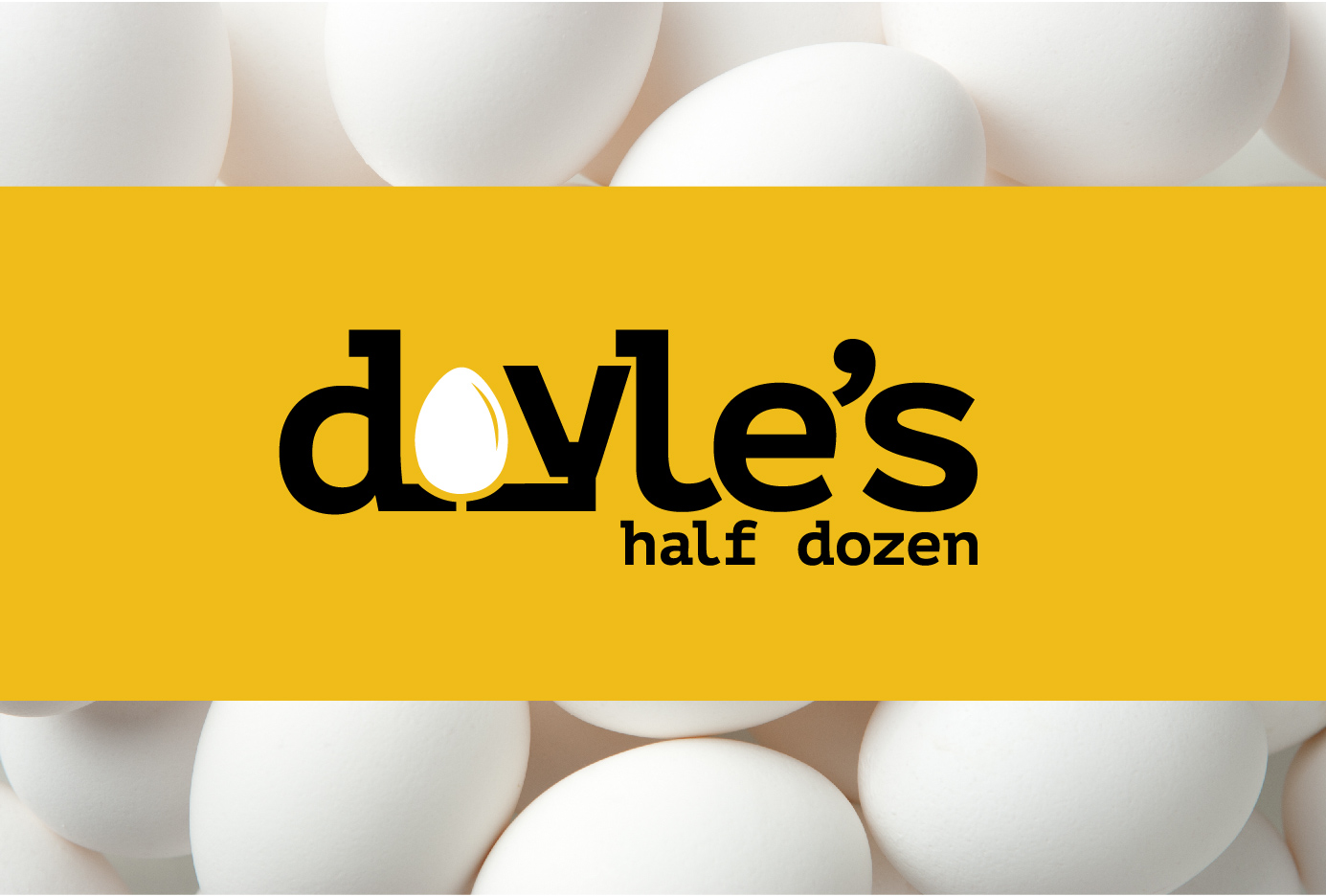Greetings!
I decided to have this week’s DHD focus on Ken Burns’ phenomenal eight-part documentary series “Country Music.” I watched each episode over the last two weeks and was amazed how well it was presented and by the education it offered. I said earlier this week that “Country Music” is so good it should be worth getting college credit hours after watching it.
Here’s six takeaways I got after watching “Country Music.”
1. Carter family/Jimmie Rogers
There are many who were instrumental in founding American Country Music. Ken Burns did about as good of a job as anybody would in highlighting the major contributors. But all country music experts will say country music got its origin from The Carter Family and Jimmie Rogers
The Carter Family, made up of A.P, Sara and Maybelle, brought the Gospel Music flavor to country music. Jimmie Rogers was responsible for the bar songs and the more secular sounds.
They were presented well in the series, and I enjoyed learning about the Carters’ and Rogers’ influence.
2. Hank Williams
“He made you think he was singing straight to you,” said Bill Malone, country music historian, about Hank Williams.
“Hank Williams had the guts to put into words what we were all thinking and feeling but were too embarrassed to say,” said Fred Foster, record producer.
Country music started with mostly positive messages in its songs. The first one to sing about “real life” was Hank Williams. He put country music on another level and helped usher in the “Golden Era” of country music.
He lived a rough life and had a turbulent marriage with his wife Audrey. Many of his sad songs came from his life experiences. Many will say they related to Hank’s music. Everybody will say country music owes its prominence to Hank Williams.
3. Dolly Parton
Dolly Parton’s life was another great presentation in the series. One of the most significant element in the whole production was Dolly Parton sharing how she wrote “I Will Always Love You,” which gained recent fame by Whitney Houston in her movie The Bodyguard.
Parton said she wrote the song as a negotiation piece with Porter Wagoner who had Parton as a regular performer in his TV show. Parton wanted to do her own thing, and Wagoner would not let her.
What amazed me about how Parton handled this issue is she did not get aggressive or difficult. Instead, she wrote “I Will Always Love You” to help resolve the conflict with Wagoner. The first time Wagoner heard the song, he conceded and gave Parton his blessing to move on.
The documentary then showed Parton’s first performance of “I Will Always Love You.” Whoa! This definitely succeeded Houston’s connection with the song.
4. Kris Kristofferson
There are so many fascinating stories in the series, but one that was a major education for me was Kris Kristofferson’s life. I had no idea how much influence he had in country music. I learned he was responsible for writing “Me and Bobby McGee,” which was made famous by Janis Joplin.
Kristofferson was a Rhodes Scholar with an education at Oxford and was an army officer. But he gave all that up and moved to Nashville to become a janitor at a recording studio. From there, he wrote many songs that blew people away.
5. Dramatic deaths
The deaths of the prominent country music performers are sprinkled throughout the series. Hank Williams’ tribute was powerful, as the Burns’ series ended that episode with granddaughter Holly Williams singing Hank’s song “I’m So Lonesome I Could Cry.”
The coverage of Patsy Cline’s death was very emotional. Next to Dolly Parton singing “I Will Always Love You,” this segment is the most memorable.
And then the scene of Vince Gill singing at George Jones’ memorial service… oh my!
6. Gospel is needed
I can’t help but think how much the Gospel is needed in the lives of many in country music. I almost think of how sad the Book of Judges in the Old Testament is when I reflect on some of the people mentioned in this series.
Many, I’m sure, are or were Christians, and there is a glimpse of the Gospel, especially when Holly Williams mentioned how her grandfather knew about the redemption that Christ offers, which led to him writing “I Saw The Light.”
But I am also convicted of knowing I need to be more active in sharing the Gospel with people and knowing how so many need to know about the powerful mercy and grace of Jesus Christ.
